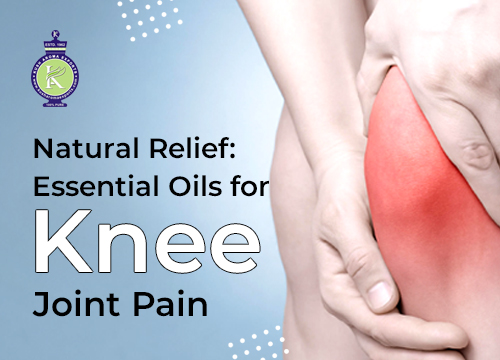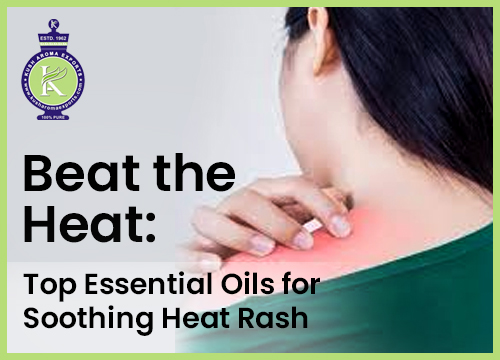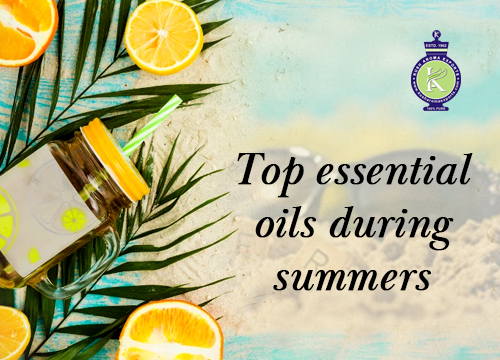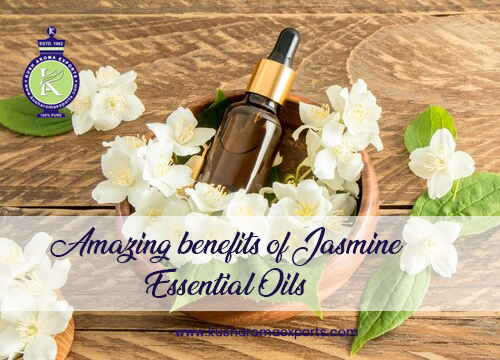Knee pain can be a real drag. It disrupts your mobility, limits your activities, and can even leave you feeling frustrated. While there are various conventional treatments available, some people prefer a more natural approach. Here’s where essential oils come in.
Essential oils are concentrated liquids extracted from plants that offer a range of therapeutic benefits. While research on their effectiveness for knee pain is ongoing, some studies suggest they may provide relief.
How Essential Oils May Help Knee Pain
Several properties of essential oils make them potentially helpful for knee pain:
- Anti-inflammatory: Inflammation is a major contributor to knee pain, especially in conditions like arthritis. Some essential oils, like ginger and eucalyptus, possess anti-inflammatory properties that can help reduce swelling and discomfort.
- Pain-relieving: Certain essential oils have analgesic properties, meaning they can help numb pain. Peppermint oil, for instance, contains menthol, a natural pain reliever with a cooling effect.
- Improved circulation: Essential oils like rosemary can stimulate blood flow, which may help deliver nutrients to the affected area and promote healing.
- Relaxation: Stress and anxiety can worsen pain perception. Essential oils known for their calming properties, like lavender, can help you relax and manage stress, potentially reducing the perceived intensity of knee pain.
Important Considerations Before Using Essential Oils
Before diving into the world of essential oils for knee pain, there are some important things to keep in mind:
- Safety: Essential oils are potent and can be irritating to the skin if used undiluted. Always dilute them in a carrier oil like coconut oil, jojoba oil, or sweet almond oil before topical application.
- Individual Sensitivity: Some people may experience allergic reactions to certain essential oils. It’s essential to perform a patch test before using any new oil. Apply a diluted amount on your inner forearm and wait 24 hours to see if there’s any redness or irritation.
- Pregnancy and Medical Conditions: Pregnant and breastfeeding women, as well as individuals with certain medical conditions, should consult their doctor before using essential oils.
- Not a Replacement for Medical Care: Essential oils should be used as a complementary therapy, not a replacement for medical advice or treatment. If you experience persistent knee pain, consult your doctor for a proper diagnosis and treatment plan.
Popular Essential Oils for Knee Pain
Now, let’s explore some of the most popular essential oils for knee pain:
Peppermint Oil: This invigorating oil contains menthol, which offers a cooling sensation and pain relief. It can also help improve circulation around the knee joint.
Ginger Oil: Ginger boasts anti-inflammatory properties that can help reduce swelling and pain associated with conditions like arthritis. It’s also known for its warming effect, offering additional comfort.
Lavender Oil: This calming oil promotes relaxation and reduces stress, which can indirectly improve pain perception. Lavender oil may also be helpful for managing sleep disturbances that can accompany knee pain.
Eucalyptus Oil: Known for its anti-inflammatory properties, eucalyptus oil can help reduce swelling and discomfort in the knee joint.
Rosemary Oil: This stimulating oil may improve circulation, bringing fresh blood flow to the affected area.
How to Use Essential Oils for Knee Pain
There are several ways to use essential oils for knee pain relief:
- Massage: Dilute chosen essential oil(s) in a carrier oil (1-2 drops per teaspoon of carrier oil). Gently massage the diluted blend into the affected area for a few minutes.
- Warm Compress: Combine a few drops of essential oil with hot water in a bowl. Soak a washcloth in the solution, wring it out, and apply it to your knee for 10-15 minutes.
- Diffuser: Add a few drops of essential oil (like lavender for relaxation) to a diffuser to create a calming atmosphere.
Additional Tips
- Frequency: For best results, use essential oils 2-3 times daily.
- Consistency: It may take a few days or weeks to experience noticeable relief. Be consistent with your application.
- Heat and Ice Therapy: Consider alternating essential oil applications with hot or cold compresses for additional pain relief.
- Rest: Allow your knee time to heal. Avoid activities that aggravate the pain.
Enhancing Your Essential Oil Experience
Here are some additional ways to enhance your essential oil experience for knee pain relief:
Combine Essential Oils: You can create synergy by blending different essential oils with complementary properties. For example, combine calming lavender oil with anti-inflammatory ginger oil for a well-rounded approach.
Meditation and Mindfulness: Pair your essential oil application with meditation or mindfulness practices to further reduce stress and promote relaxation, potentially improving pain management.
Healthy Lifestyle: Maintaining a healthy weight, eating a balanced diet, and engaging in regular exercise can all contribute to improved knee health and potentially reduce pain.
Conclusion
Knee pain can be a frustrating limitation, but exploring natural remedies like essential oils offers a potential path to relief. By understanding the various properties of essential oils and following safe application practices, you can incorporate them into your pain management routine. Remember, consistency is key, and essential oils should be used alongside a healthy lifestyle and, when necessary, conventional treatment plans recommended by your doctor.
Ready to explore the world of essential oils for knee pain? Check out the range of Khush Aroma Exports, we are the best essential oil manufacturer.










